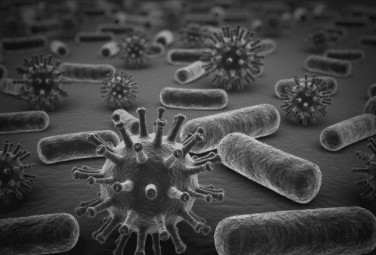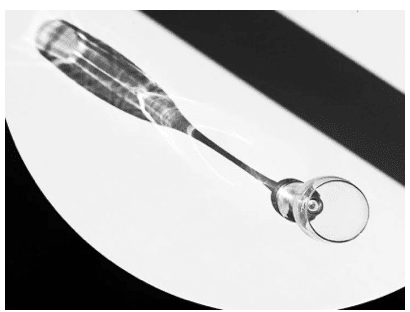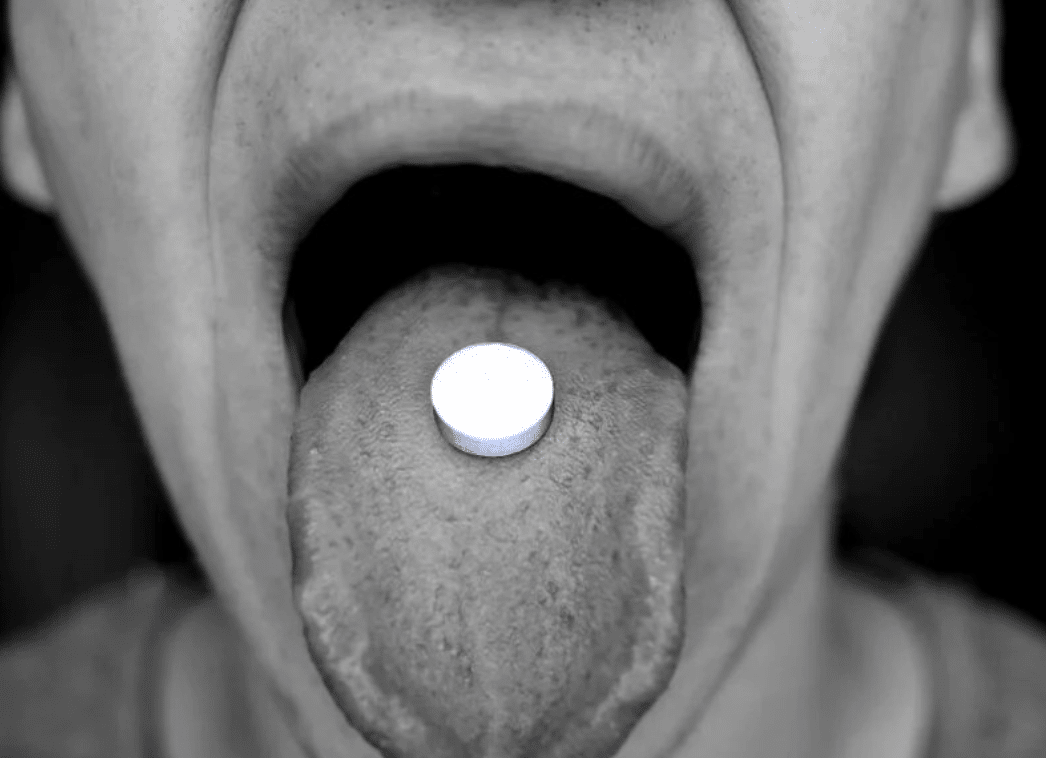To find better ways to tackle cancer tumors that do not respond to traditional therapies, scientists are now experimenting with a modified bacterial strain that could target cancer cells without harming healthy ones. A phase I clinical trial reveals that this bacterial therapy shows promising effects.
A team at the University of Texas MD Anderson Cancer Center in Houston is now assessing the safety and usefulness of bacterial therapy for treating cancer tumors that don’t respond to other types of treatment.
The findings so far — recently presented at theCRI-CIMT-EATI-AACR International Cancer Immunotherapy Conference, held in New York City, NY — suggest that the therapy has manageable toxicity levels and can help shrink some resilient cancer tumors.
“Even after a single injection of this bacterial therapy, we see biological and, in some patients, clinically meaningful activity,” explains study co-author Dr. Filip Janku, adding:
“This strategy is feasible, has manageable adverse effects, and could be clinically meaningful in patients with few therapeutic options.”
What makes the bacterium a promising tool
The idea of using bacteria to treat cancer is not a new one, but until recently, actually implementing bacterial therapies has not been feasible due to many obstacles. These include infections and other adverse side effects.
In the new clinical trial, the researchers used the spores of a bacterial strain known as Clostridium novyi-NT, which was modified from Clostridium novyi specifically to be used in cancer therapy.
C. novyi-NT has potential to treat cancer because it thrives in a hypoxic (oxygen-poor) environment, which is precisely the type of environment found in cancerous lesions. Thus, C. novyi-NT can interact with cancer cells without affecting healthy ones.
“By exploiting the inherent differences between healthy and cancerous tissue,” says Dr. Janku, “C. novyi-NT represents a very precise anticancer therapeutic that can specifically attack a patient’s cancer.”
The trial was an open-label one, meaning that all the participants knew what treatment they were receiving. In total, the researchers worked with 24 participants recruited in 2013–2017.
All of the participants had solid cancer tumors that were resistant to therapy. Specifically, 15 individuals had sarcoma, 17 had diverse carcinoma, and two had melanoma.
Injection leads to tumor shrinkage
The researchers administered injections of C. novyi-NT spores directly into cancerous tumors. The injections were single doses containing between 10,000 and 3 million spores of the bacterium.
Two of the people who received the maximum doses of 3 million spores developed severe sepsisand gas gangrene, so the researchers determined that the maximum tolerated dosage is 1 million C. novyi-NT spores.
Dr. Janku and his team used RECIST — a test that measures whether or not cancer tumors have shrunk in response to treatment — to assess the effect of the bacterial therapy.
Of 22 people who met the criteria for evaluation, 21 scored as “stable” on the RECIST assessment, meaning that the disease was neither increasing not decreasing in severity.
In these people, tumors shrank by more than 10 percent after their experimental injection. When taking into account both tumors that had been injected with C. novyi-NT and those that had not been injected with the bacterium, the stable disease rate, according to RECIST, was 86 percent.
However, Dr. Janku notes that RECIST tests may not be able to offer a fully accurate understanding of the effectiveness of the bacterial therapy under trial.
“When we inject the tumor,” he continues, “the cells within it die and become necrotic while the remaining tissue becomes inflamed, making the lesion larger in size than the original tumor.”
“Because of this,” Dr. Janku adds, “evaluation via RECIST does not accurately reflect the reduction in tumor burden in these patients.”
Bacterial therapy to boost immunotherapy?
Moreover, when they looked at the rates of germination of the C. novyi-NT spores, the researchers saw that, of the total number of participants, 46 percent showed spore germination and displayed signs of tumor cell disintegration.
However, the team also reported another interesting find: that the bacterial therapy appeared to have also boosted the response of the immune system to the cancerous tumors.
“Despite the absence of clinical signs of germination in some patients,” explains Dr. Janku, “we saw improved tumor-specific immune responses through the increased secretion of T-cell cytokines [a type of immune cell] and increased presence of tumor infiltrating lymphocytes [another type of immune cell] in injected tumors.”
“From these preliminary results,” he claims, “it appears that C. novyi-NT is able to activate the immune response besides causing tumor destruction.”
According to the authors, this suggests that bacterial therapy may one day be used to boost the effects of immunotherapy in cancer treatment.
“We were extremely encouraged by the results of this trial, especially in patients with advanced sarcomas, where immunotherapy hasn’t proven very efficacious,” notes Dr. Janku.
He concludes, “This bacteriolytic strategy has the potential to be clinically meaningful, especially in combination with checkpoint inhibitors [a type of immunotherapy drug], for patients with advanced solid tumors.”
How many pounds have you lost this month? At Dieta Efectiva you can lose 10-12 lbs your first week and 2-5 lbs every week after. Visit us dietaefectiva.netto learn more about our program.







